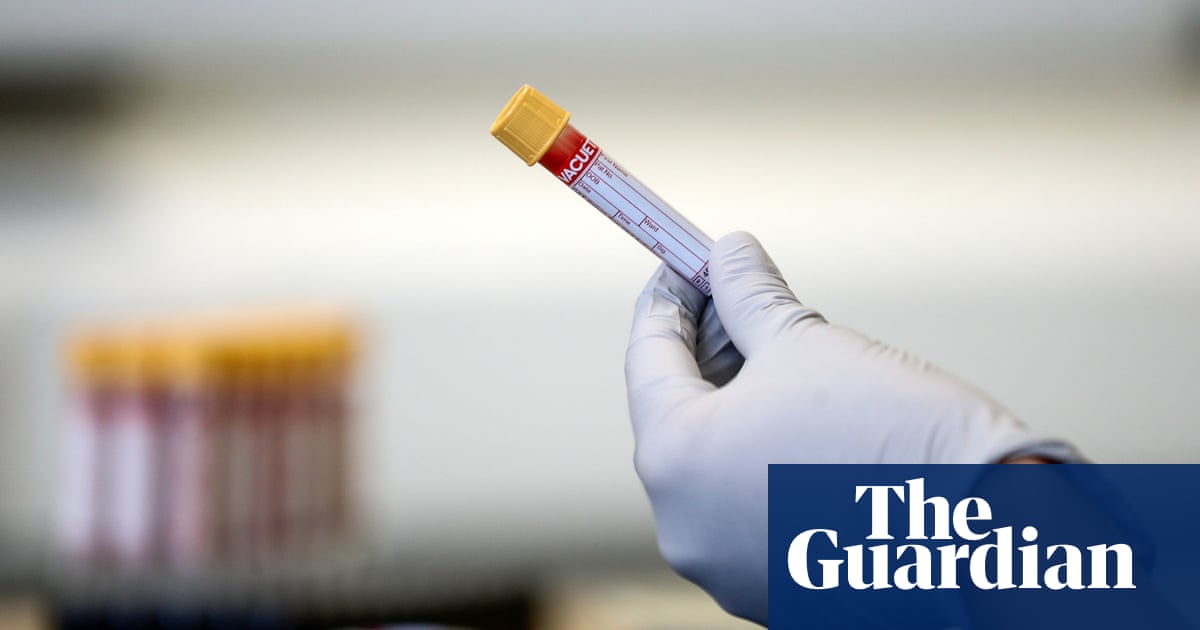Proteins in the blood could warn people of cancer more than seven years before it is diagnosed, according to research.
Scientists at the University of Oxford studied blood samples from more than 44,000 people in the UK Biobank, including over 4,900 people who subsequently had a cancer diagnosis.
They compared the proteins of people who did and did not go on to be diagnosed with cancer and identified 618 proteins linked to 19 types of cancer, including colon, lung, non-Hodgkin lymphoma and liver.
The study, funded by Cancer Research UK and published in Nature Communications, also found 107 proteins associated with cancers diagnosed more than seven years after the patient’s blood sample was collected and 182 proteins that were strongly associated with a cancer diagnosis within three years.
The authors concluded that some of these proteins could be used to detect cancer much earlier and potentially provide new treatment options, though further research was needed.
Dr Keren Papier, a senior nutritional epidemiologist at Oxford Population Health at the University of Oxford and joint first author of the study, said: “To save more lives from cancer, we need to better understand what happens at the earliest stages of the disease … [and] how the proteins in our blood can affect our risk of cancer. Now we need to study these proteins in depth to see which ones could be reliably used for prevention.”
A second linked study looking at genetic data from more than 300,000 cancer cases found 40 proteins in the blood that influenced someone’s risk of getting nine types of cancer. While altering these proteins may increase or decrease the chances of someone developing cancer, in some cases this could lead to unintended side-effects, the authors found.
Mark Lawler, the chair in translational cancer genomics and professor of digital health at Queen’s University Belfast, said: “The data are impressive – finding evidence of cancer before it has manifested itself clinically provides a critical window of opportunity to treat with a greater chance for success, or even more importantly to achieve the holy grail of preventing cancer before it can even occur. More work to be done, but an important step forward in a disease that affects one in two of UK citizens during their lives.”
Lawrence Young, a professor of molecular oncology at the University of Warwick, said the findings were another step towards identifying markers of increased cancer risk as well as those aiding early cancer diagnosis.
after newsletter promotion
“Determining protein changes that precede the development of cancer is not only important in identifying high-risk individuals but could also provide insights into factors responsible for causing cancer.”







